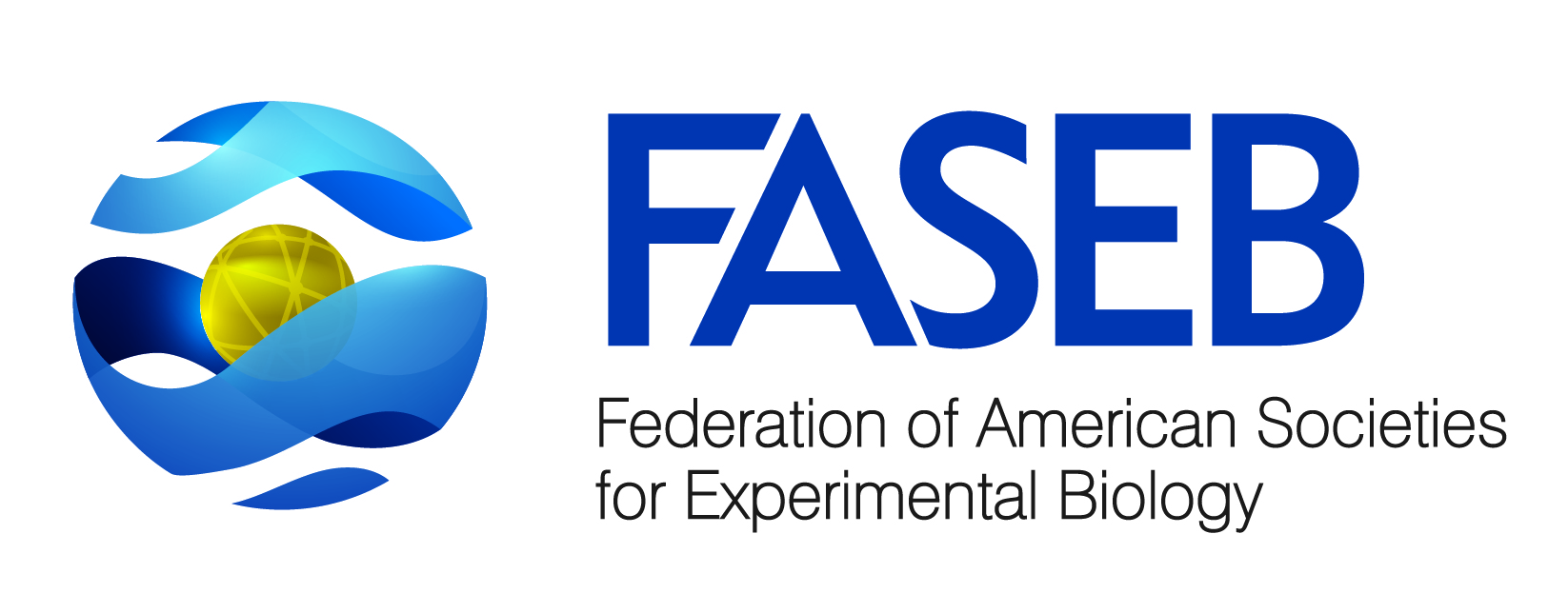On May 6 and 7, 2001, the Federation of American Societies for Experimental Biology (FASEB) will host a conference on Government-Academic-Industrial Partnerships: Bioethics and Genome Research. "During this meeting, we hope to illuminate the complex and changing relationships between academia, the government, and industry by focusing on the impact of these partnerships in genome research," said FASEB President Mary J. C. Hendrix. "This gathering will provide an important opportunity for the scientific community to discuss in an open forum the challenges, guidelines, and bioethical and legal implications for participating in research partnerships."
FASEB organized this conference to discuss the challenges and opportunities presented by the increasing number of new partnerships that are developing between universities and private industry, many of which involve government support of research activities. "These partnerships, on the surface, offer a conduit for the translation of innovative ideas from the university sector to the industrial development of commercialized products that have tremendous promise for society and can impact the national and global economy," said Dr. Hendrix, who serves as the Deputy Director and Associate Director, Basic Research of the Cancer Center at The University of Iowa. "Although the public has reaped significant returns on its investment in academic-government-industrial partnerships, the growing number and size of these relationships has also generated concern about the distribution of costs and benefits. As faithful stewards of the public investment in biomedical research, we have a responsibility to address the bioethical issues that have emerged as consequences of the explosion of genome research applications and our emerging partnerships."
On Sunday evening, Samuel C. Silverstein, a professor and head of the Department of Physiology and Cellular Biophysics at the Columbia University College of Physicians and Surgeons, will provide an overview of the multi-faceted issues associated with university-industry partnerships. The following day will be broken into three sessions. In the morning, panelists will discuss the challenges related to bioethics and genome research and examine how the translation of genomic medicine into clinical practice is impacting health care. Privacy and confidentiality issues for patients and research subjects will be addressed. This session will also deal with the intellectual property implications of partnerships and present models for data sharing in the private and public sectors. During lunch, Ruth Kirschtein, acting director of the National Institutes of Health, will share her views about academic-industry partnerships.
During the afternoon session, distinguished scientists from industry, government, and academia will discuss partnership guidelines and challenges. The issues addressed will include regulations governing the exchange of research materials and the technology transfer tools available to researchers in the public and private sectors. The perspective of scientists who have worked in academia and industry and been involved in these partnerships will be represented as well. At the end of the day, the public perspective of scientific partnerships will be presented. "This will provide an overarching viewpoint of the downstream effects and impact of our research activities on public health," Dr. Hendrix said. "We expect the conference to be quite interactive and provocative."
A conference agenda can be found at http://www.faseb.org/opar/news/docs/springconf.pdf. Please contact Paulette Campbell at 301-571-7795 or [email protected] to reserve a seat at the dinner and/or for Monday's sessions.
###
